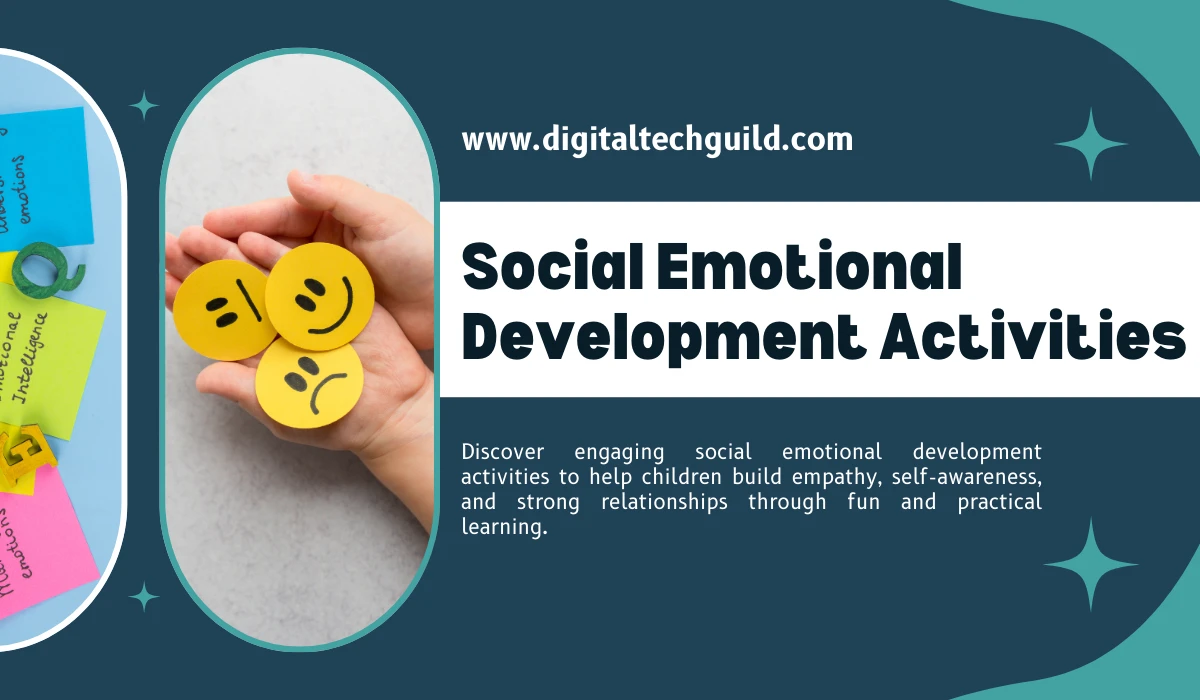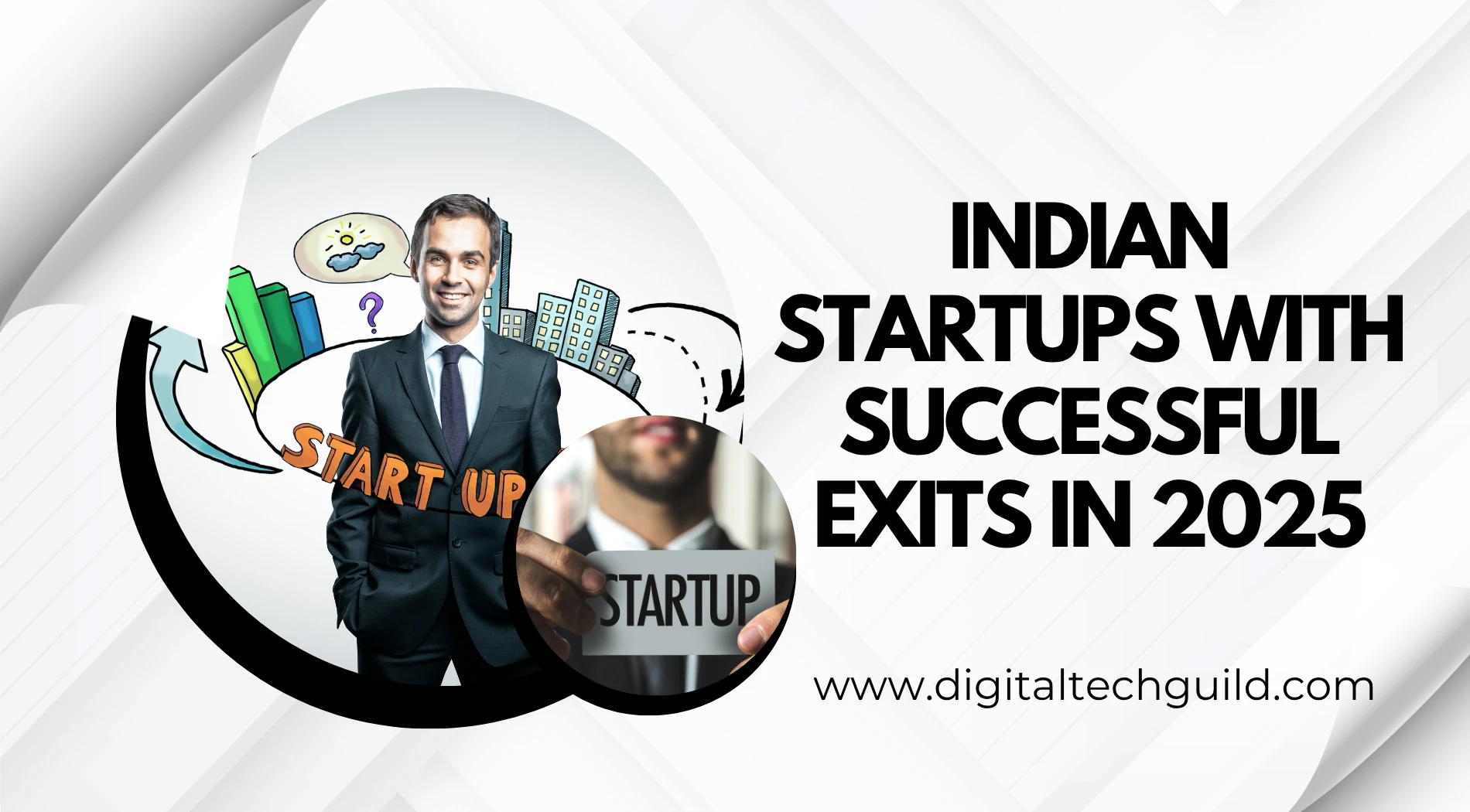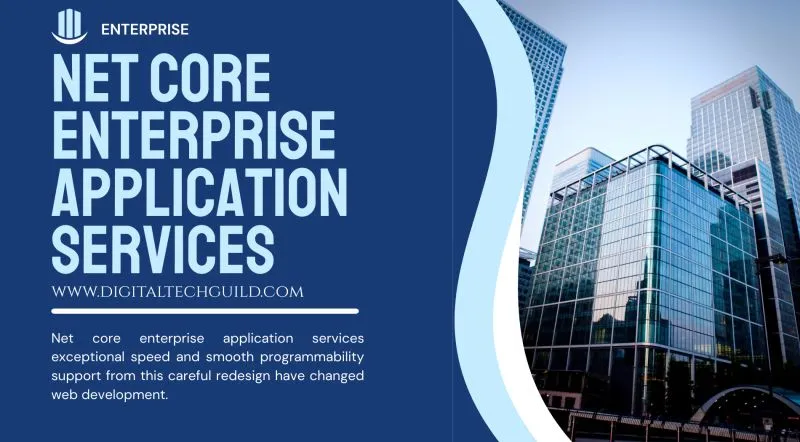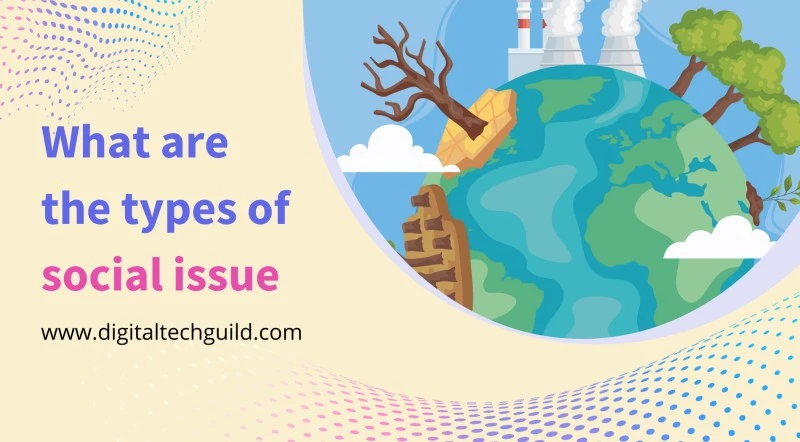We'll start with a spicy take.Using huge words does not elevate the importance of what you are discussing.Don't use the term "digital resource commoditization" when referring to increased internet use. It is unnecessary to state "achieve a certification" when you can simply say "get certified." The term "enterprise application integration" has significant weight.
It sounds like jargon, but it is not. On the contrary, enterprise application integration (EAI) is critical for a rapidly developing firm.Choosing the correct EAI solution may be the difference between a successful growth plan and a system that falls apart.
In this post, we'll explain what an EAI system is, how it works, and why the Monday.com Work OS is your best bet for doing it right.
What does enterprise application integration mean?

Enterprise application integration is a complicated concept that has a simple definition.As a firm expands, it uses new technology to coordinate all of its procedures and employees.Each software platform improves ease and reduces unnecessary effort in a certain area.
You switch your corporate emails to Outlook because you like the interface. Then you use Slack for team conversation. Dropbox allows you to backup your stuff on the cloud. Stripe processes all consumer payments. Et cetera.
Each sounds like a wonderful idea at the moment. They're all great at what they do.However, as you grow, you understand that they do not function well together.Suppose you have a marketing platform that delivers emails to your consumers. When a consumer hits a button, they are sent to a page that gathers their email address.
Thus far, so good. However, someone on your marketing team will need to input all of those acquired leads into your CRM. The same applies to leads acquired by your payment gateway.
What is the importance of enterprise integration?
To back up our point, take a look at a few more use cases for enterprise application integration.
1. Customer relationship management
The job of a customer relationship manager is to funnel information into a single database from a wide range of sources. That makes it a natural candidate to benefit from an enterprise integration system.
Think about how much time you and your employees spend entering information into Salesforce or a similar CRM. Then add the time you spend moving that data around to other apps. Say you make a dashboard for your team to monitor your work with a certain lead. When information about the lead changes, you have to update both Salesforce and the dashboard.
2. Payment processing
Let’s add another layer into the process. Suppose the monday.com page you just integrated with Salesforce is tracking all your customers above a certain lifetime value. To calculate a customer’s value, you need to know how much they’ve paid you. Let’s say your company handles payments with Stripe. You’ll need to use the monday.com Stripe Integration.
3. Project management
- Let’s pivot from the sales side of things and get our hands dirty in the code.
- The right enterprise app integration solution can make a huge difference for a technical project manager. For example, there’s the monday.com Gitlab Integration.
- Gitlab doesn’t have a built-in option for creating Gantt charts or project timelines.
- But monday.com is all about that. The solution? Sync them together.











